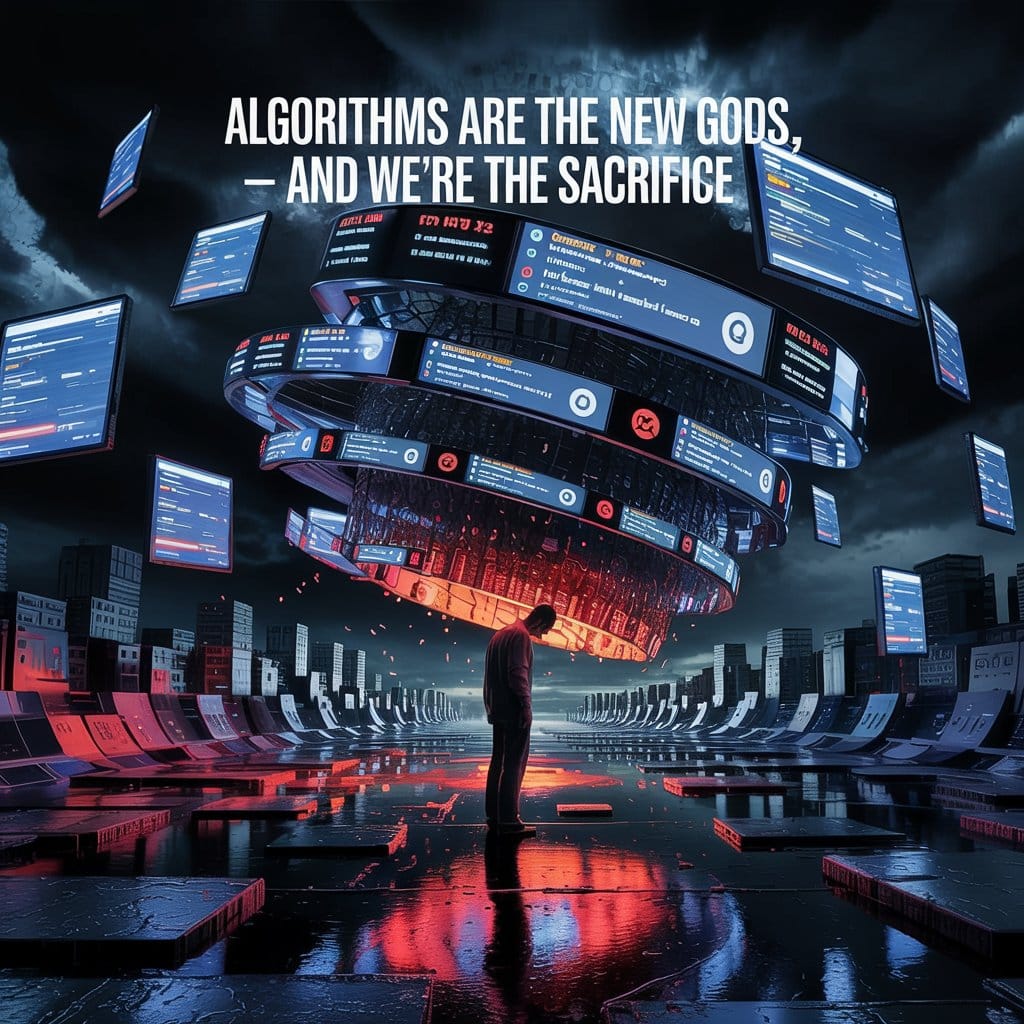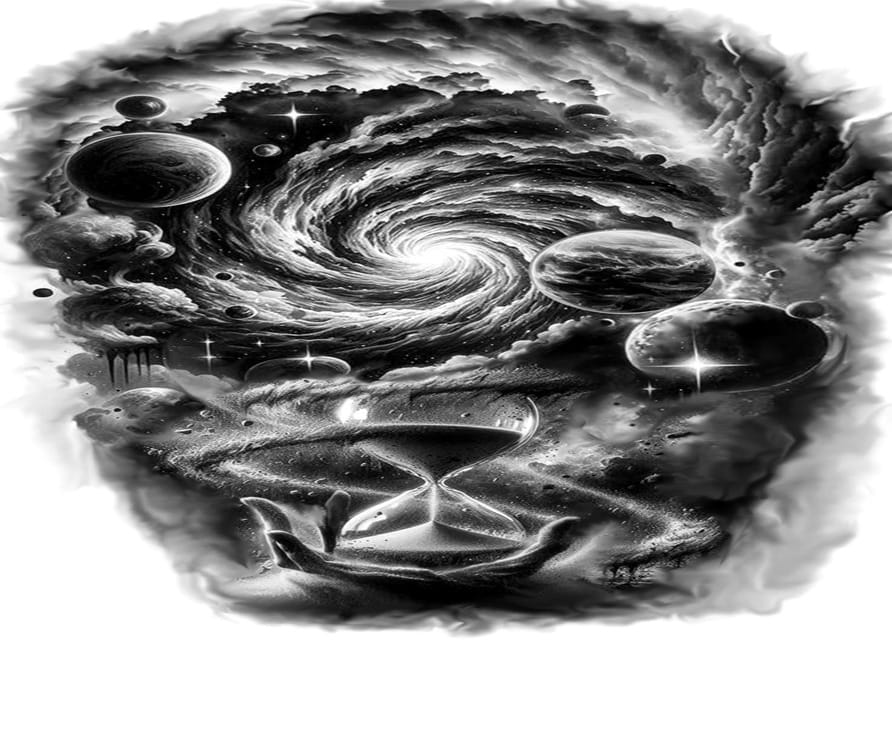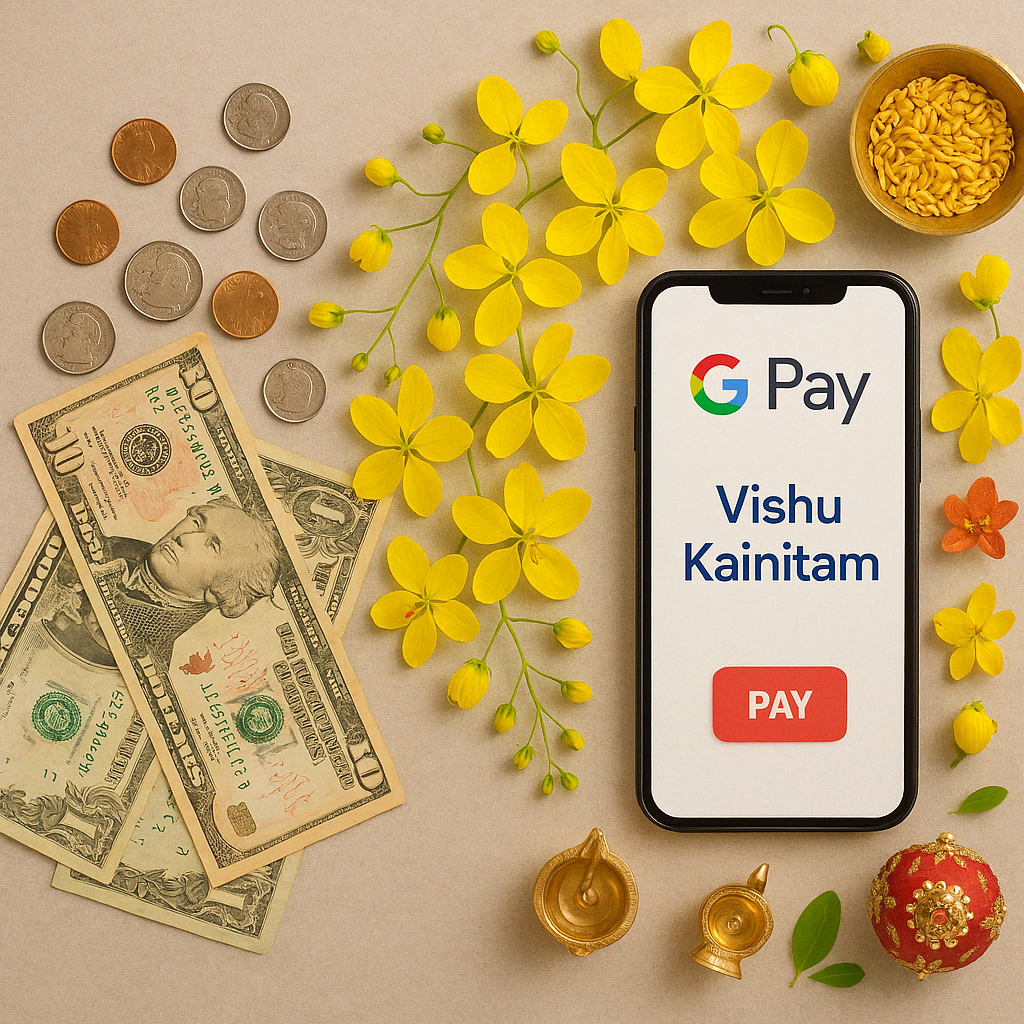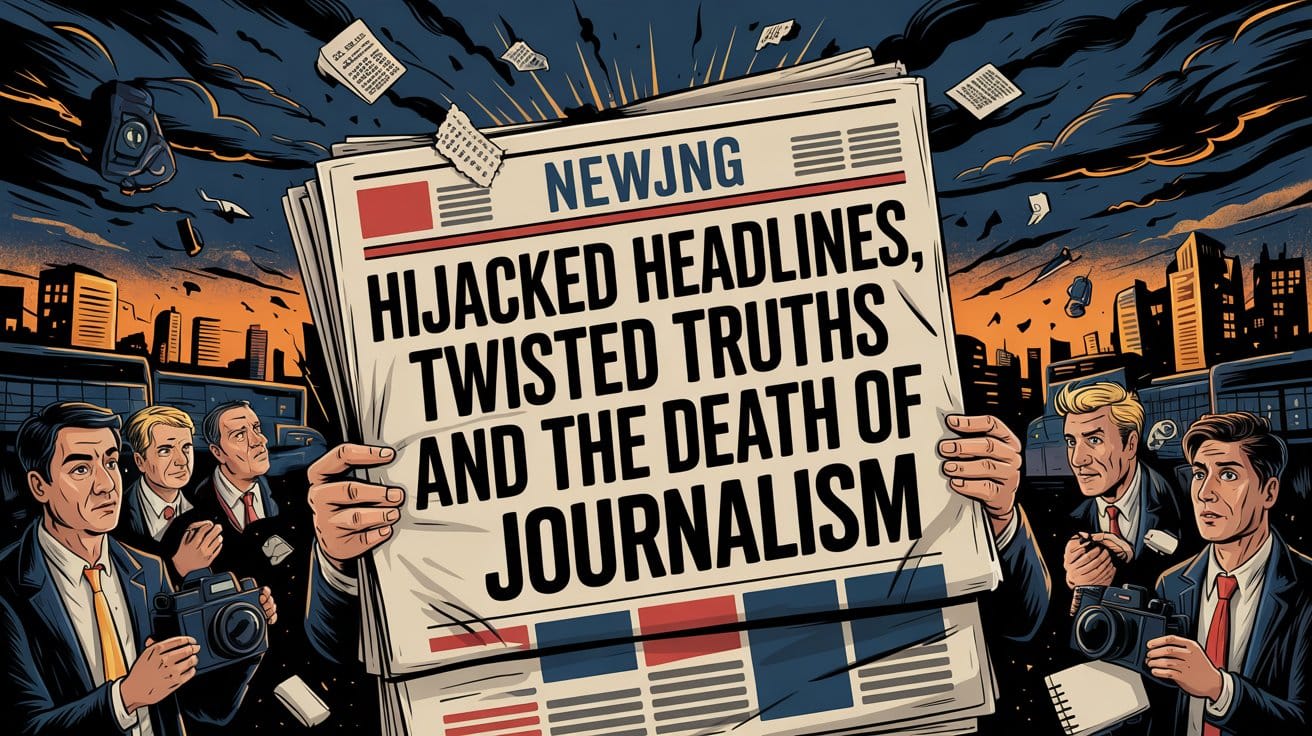Algorithms Are the New Gods — And We’re the Sacrifice
From Facebook "Ammavans" to Instagram Locusts — this is how humans handed over their thoughts to machines. And why I finally walked away.

The Monster We Created
There was a time when we believed the internet would make us smarter. When social media first arrived, we thought it would connect the world, make voices heard, flatten hierarchies, and give power to the people. But today, it feels like we’ve created a monster we can no longer control.
Scroll through any social platform, and it becomes painfully clear — the feed is junk. Vulgar content, hate speech, glorified stupidity, trolls on steroids, body shaming, slut shaming — you name it. And it’s not just the content creators who are at fault. It's people like us. Ordinary people, unknowingly or even knowingly, spread it further, feeding the beast to earn a few seconds more of watch time, more likes, and more drops of dopamine.
The Algorithmic Experiment
Social media algorithms, tweaked and twisted every now and then, toss random nonsense into our feeds to test our instincts. It’s like some perverse experiment — throw scraps of controversy, nudity, or hate into the digital street and watch the so-called civilized humans fight over it like stray dogs. It’s humiliating to witness. Even worse? The comments. Pages of angry, petty, pointless comments. I often wonder where these people get the time. How do they not realize they are pawns in someone else’s game?
This entire culture of digital barbarism began on Facebook. And the Gen-Z folks started referring to them as “Facebook Ammavans” and “Facebook Ammayis”. A label for people (regardless of age) who blindly forwarded hoaxes, joined troll groups, and became self-declared online activists.
But the locusts have migrated. Instagram, the once clean, visual-first platform, now echoes the same chaos — just wrapped in filters, reels, and glossy aesthetics.
The Human Bug
For a while, I used to blame Facebook, or Instagram, or X (formerly Twitter), or whichever app was trending. But now I see it clearly: it’s not the platforms. It’s us. It’s the human flaw. Our biological and psychological weaknesses are being exploited, and we’re willingly complicit.
Humans are biologically wired to create and believe in stories. Yuval Noah Harari, in his powerful book Sapiens, points out something fundamental: humans, unlike any other species, can imagine and spread fiction. A chimpanzee cannot tell a lie to bring others together under a common myth. But humans can. This power to imagine — gods, nations, money, religion — made us the dominant species.
But what happens when this unique human ability is hijacked by attention-hungry algorithms? What happens when fiction becomes clickbait, propaganda, or polarizing misinformation? What happens when our skill to build narratives is reduced to creating viral reels or controversial takes to game the algorithm? It’s tragic. The very trait that made us human is now being used to dehumanize us. What once helped us collaborate is now used to polarize and divide. Social media has weaponized fiction.
The Kailash Perspective
Recently, I listened to a podcast featuring Kailash Nadh, the CTO of Zerodha — someone I deeply respect for his blunt honesty and ethical lens on technology. He offered a scathing, yet accurate, breakdown of how social media is corroding everything it touches.
“One of the worst things to have happened to humanity in the last 20 years is social media.”
He also pointed out how democracies are being dismantled by the unchecked spread of misinformation. Teenagers aged 15 to 18 are experiencing depression and suicide at alarming rates — and mounting research points to social media as a central cause.
And unlike what we’d like to believe, social media isn’t a free and open ecosystem. These platforms are not public goods — they’re corporate-owned institutions. They’re driven not by truth, fairness, or progress, but by revenue and metrics. These are criminally manipulative systems, where success isn’t measured in meaningful discourse but in clicks, rage, shock, and screen time.
The Lie Factory
Social media is not built to inform you — it's built to shape you. Algorithms push whatever gets attention, not what’s true. And what usually grabs attention? Negativity. Outrage. Division. Scandal. These are the dopamine hits of the digital world, and we are all addicts.
We’ve become puppets. We open Instagram to reply to a message and find ourselves still there 20 minutes later, watching trending trash. We refresh YouTube and lose an hour to its rabbit holes. And the scary part is — we think we’re in control.
Here’s the truth:
You’re not the user. You’re the lab rat.
And here’s the kicker:
“If you’re not paying for something, then you’re the product.”
My Exit Plan
Think about that for a moment. You are the product. Your time, your clicks, your outrage, your laughter, your depression — all harvested to sell ads, to feed data-hungry algorithms, to make someone else rich while you rot in an echo chamber of distraction and manipulation.
That realization hit me hard. So today, I made a decision.
I’ve begun my slow but deliberate exit from social media. Last night, I went through my Facebook account one last time — not to cherish memories, but to witness the mess I had been a part of. Old posts filled with trolls, political arguments, body shaming comments, pointless memes, and animal videos I once thought were “cute”. It was like walking through a garbage dump of my digital past. I deleted every photo, every post, every memory. Not deactivated — deleted. Facebook, for me, is dead. And honestly, I wish I had done it sooner.
I rarely use Instagram. Now that I'm thinking of deleting that as well. I’ve minimized YouTube to an occasional tool. And I feel lighter.
A Final Thought
We’ve handed over our thoughts, time, and truth to algorithms that don’t care about us. Social media isn’t about staying connected anymore. It’s about staying distracted. And we’ve become lab rats in an experiment we never signed up for.
So here’s my final thought:
Social media is a powerful tool, but we were never taught how to use it. And now, we’re drowning in the consequences.
If this resonates with you, maybe it’s time you took a look at your feed. Not the one the world sees — but the one that’s silently feeding on you.



